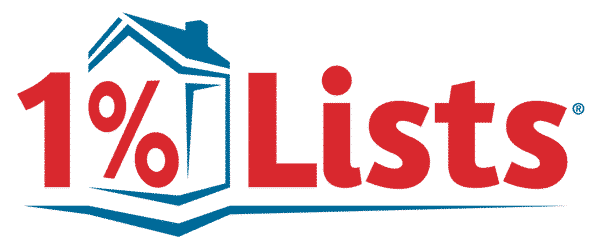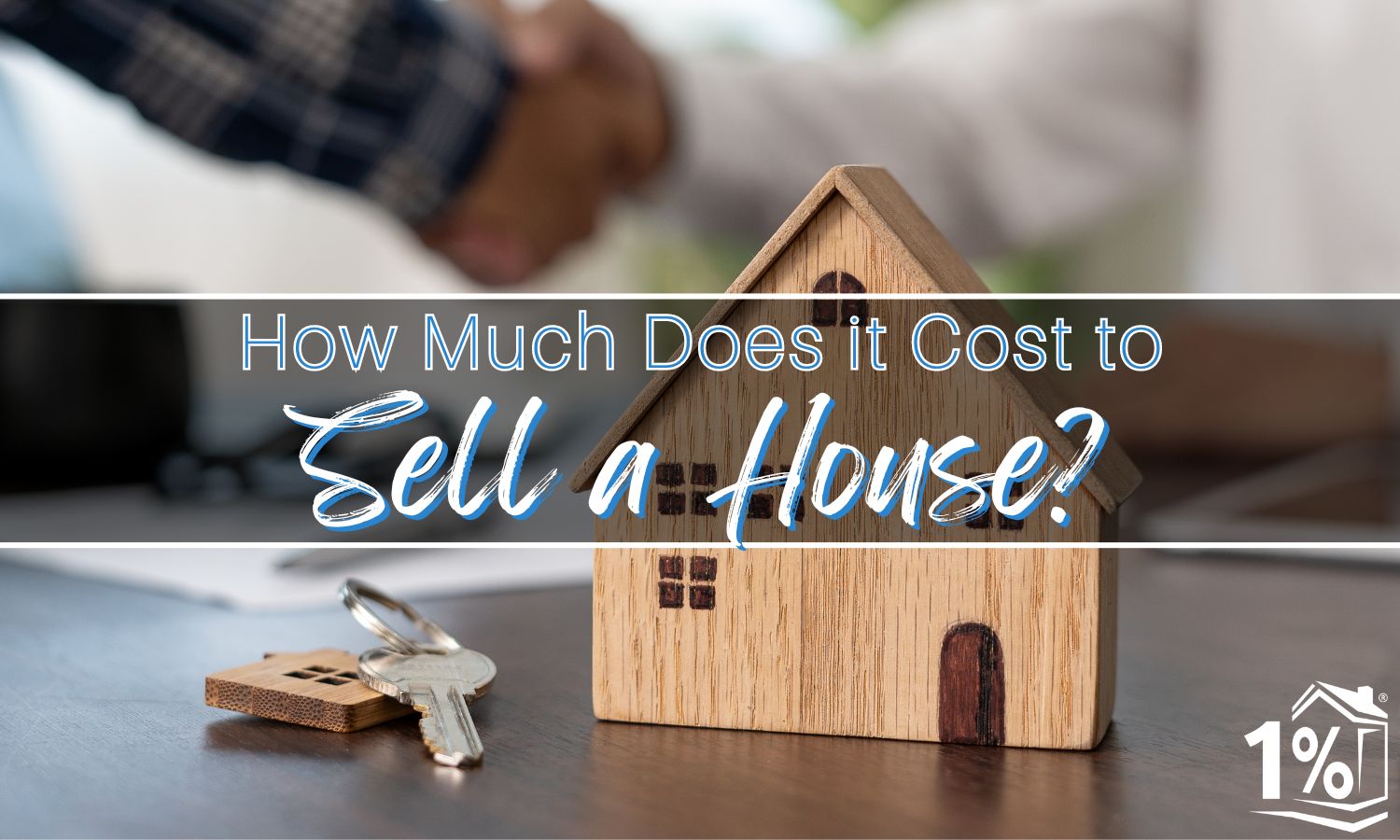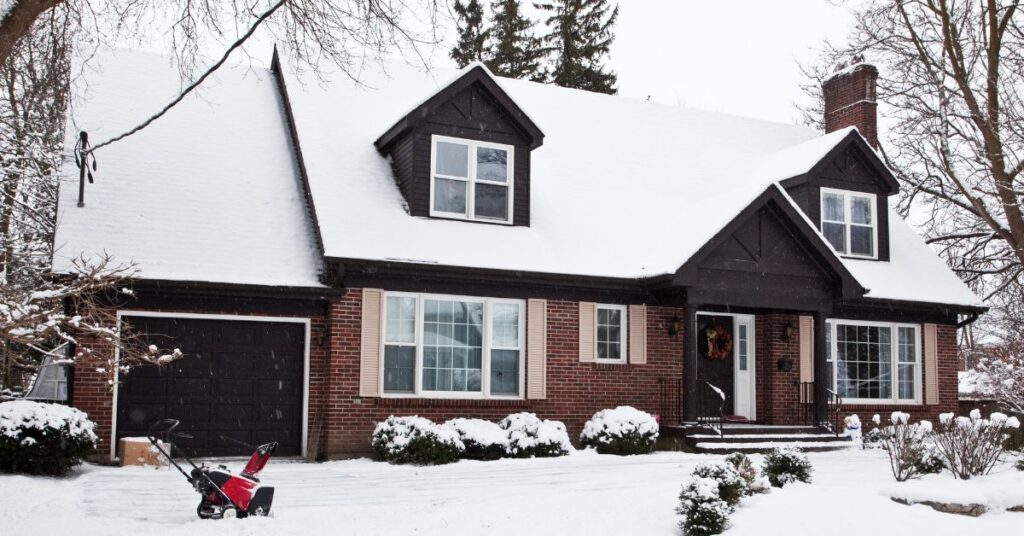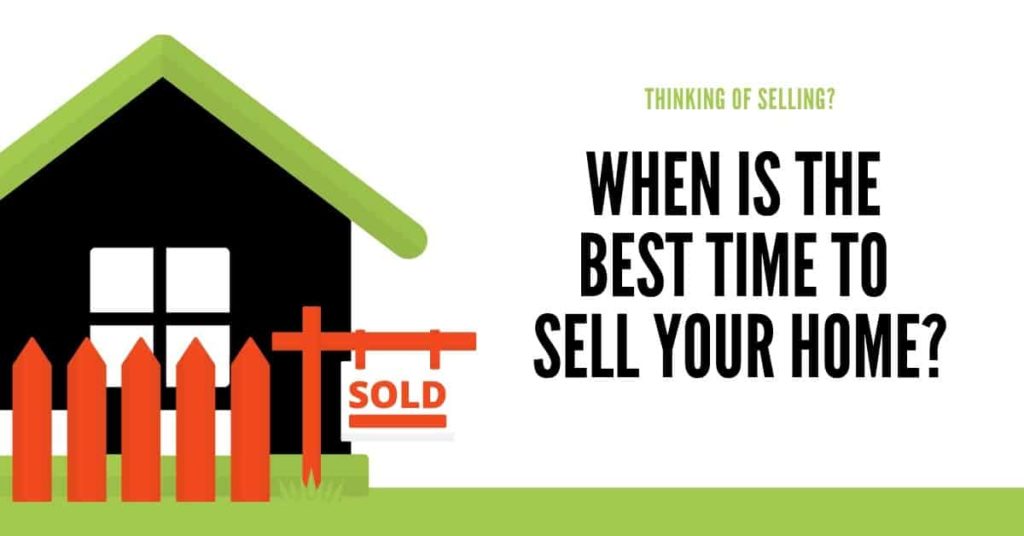When you think about selling your home, you probably consider the amount of money you can make. You don’t keep all of the money you make when you sell your house. Some of it is used to pay for taxes and closing fees.
How much will it cost me to sell my house? Answers vary depending on where you live, the sale price of the house and the terms you negotiate with the buyer. These costs include attorney and real estate fees, title fees and other administrative expenses. You may have to pay transfer taxes depending on where you live. If you are paying off a loan, you will also be charged by your lender.
Selling a house can be expensive
You can use this guide to calculate the costs you should expect when you turn over the keys.
Real estate commissions
The cost to hire a real estate agent is usually the largest fee that a seller has to pay. Historically, the commissions are between 5 and 6% of the sale price. If you sold your home for $450,000 you would have to pay $27,000 as commissions. You, as the seller, are usually responsible for paying both your agent and the buyer’s. You may be able to negotiate a lower fee, particularly if you are selling for a high price. Or you can use a discount real estate broker, like 1 Percent Lists, to sell your home for thousands of dollars less.
Seller’s closing costs
Many closing costs in a real estate deal are the responsibility of the buyer. There are also closing costs for the seller. The most common closing costs include title insurance and recording and settlement charges, prorated property tax and HOA dues up to the day of closing. Other minimal fees, such as escrow or wire transfers, are also charged. If you hired an attorney to represent you in the purchase of a home, legal fees are due at closing.
Be prepared to pay for the buyer’s expenses as well. According to recent data from Redfin, while this was rare in seller’s markets in the past few years, in late 2023 more than one third of sellers made concessions. This is a sign that the market has shifted and that buyers are gaining traction.
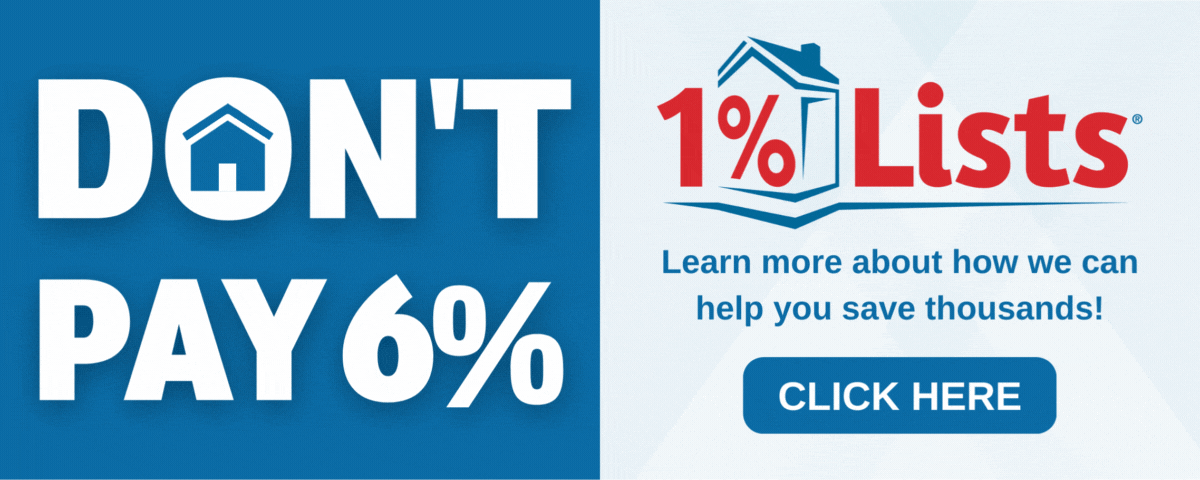
Mortgage Payoff
The mortgage you have on the property does not disappear automatically when you sell it. You must pay any balances before this transfer. If your mortgage has a prepayment fee, you may have to pay an additional fee to cover the prorated interest. Check your loan documents to learn more.
Moving costs
You’ll need to move your belongings to the new place when you sell your old one. You’ll pay between $833 to $2,547 for this, with an average of $1,698. This price can go up if you are moving a further distance. Moving with kids and/or moving with pets can also affect the cost albeit not drastically.
Taxes
Before listing their home, sellers should consider a number of tax implications. Three major factors can reduce your potential profit:
- Property taxes: Property taxes are paid annually in advance. The prorated portion of the property tax may be due up until the closing date. This money will then be placed in escrow. If you have already paid the property tax past your closing date you may be eligible for a partial refund.
- Transfer taxes: Most states charge a real estate tax when transferring ownership of a property. The amount of transfer tax varies depending on where you reside, but it’s usually a percentage (usually less than one percent) of the property sale price.
- Capital gains taxes: If you expect to make a large profit from the sale of your home, you might have to pay a capital gains tax. The amount of your profit, if you filed on your own, or with your spouse, the length of time you lived in the home, and whether this was your primary residence will all affect the tax. Give this a lot of thought if you have owned the house for a long time. If you purchased the house 35 years ago at $200,000, and it is now worth $1.5million (not impossible in some parts of the United States), the sale of your home could result in a large tax bill.
Selling a house: Optional fees
Some expenses, such as taxes, are mandatory. Others are optional. You can choose to spend extra money to make your house more appealing.
Home improvements and repairs
You might be tempted, before you sell your house, to take on a project you think will increase its value in the eyes of a buyer. It’s important to know which repairs are worth doing and which ones you should avoid when selling your home. Ask your agent if the costs will be worthwhile.
One of my most common mistakes that sellers make is spending money on the wrong improvements prior to involving a Realtor. Often, sellers will place a greater value on certain improvements than the average buyer. I understand that they want their homes to be in excellent condition before selling, but they should definitely talk to a professional first before spending their money.
Home Inspection
It is a good idea to consult a professional inspector in addition to your agent. According to HomeAdvisor a pre-listing home inspection is likely to cost $350 and will let you know about any major issues before potential buyers see them. If a home inspection finds a problem in your bathroom such as a leak, you should address it immediately to avoid a potential buyer asking for a lower price.

Curb appeal, staging and a curb appeal
Many buyers in real estate judge a book based on its cover. Making the house appear appealing on the outside will encourage buyers to enter. Consider inexpensive ways to increase your curb appeal. For example, cleaning windows, sprucing the front steps and landscaping are all great options.
Consider staging your interior to make it feel more inviting. Costs to stage a house vary widely depending on factors such as the size, whether furniture is being rented, and other factors. However, a well-staged home can have a significant impact on buyers. According to the National Association of Realtors (NAR), 20 percent of buyer’s agents claim that staging increased offers by between 1 and 5 %.
Reduce the costs of selling your house
People are always looking for ways to make more money when selling a home. However, reducing the selling costs is equally beneficial. You have several options if you want to get a better price for your home.
- Selling your home as-is tells prospective buyers you won’t make concessions or repairs. You won’t need to spend any money on fixing the cracked floorboards, or repairing the dented garage doors. However, some buyers may be turned off by as-is listings.
- You can save up to three percent by selling it yourself. The buyer’s agent fee will still be due, as well as a fair amount of marketing and negotiating work.
- You can sell it for less money by using a low-commission agent or a flat-fee agent. These agents are cheaper than traditional agents. Remember the old saying “you get what you pay for”:
- You can sell to iBuyer, a cash homebuyer, or a real estate agent. These companies are fast and will get you to the closing table quickly. They also buy as-is, so you don’t need to worry about staging or repairs. You’ll still get money fast, but you won’t get as much for your home as you might with a market sale.
Next Steps
Once you know how much it will cost to sell your house, you need to find an agent in your area who is familiar with the market and can guide you towards a profitable sale. Interview several candidates so you can get an idea of their sales and marketing strategy. Remember, you are the boss. You pay them from your profits. Ask lots of questions when you are looking for the right candidate.
